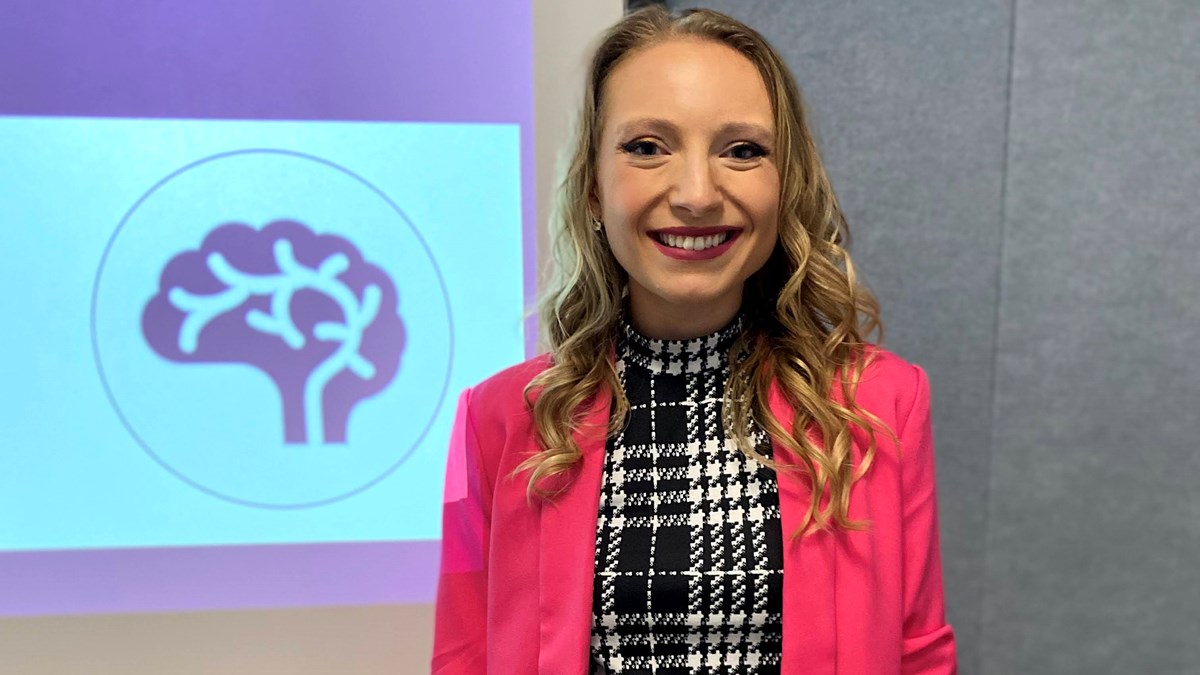Savannah Sims

Savannah Sims became interested in immunology research after recognizing the underappreciated, yet crucial role inflammation plays in every chronic disease. Her primary research interest involves studying the molecular mechanisms of inflammatory responses within the central nervous system (CNS). Sims' main research interests are to understand the mechanisms that lead to inflammation associated with the progression of neurological disease to gain important insight into future therapeutic targets. This is especially important considering that most neurological diseases have extremely limited treatment options.
Taking this into consideration, Sims completed her Ph.D. at West Virginia University in the Immunology and Microbial Pathogenesis Graduate Program. She joined this program in Fall 2016 and defended her dissertation in September 2021. Savannah worked in the lab of Dr. Gordon Meares studying molecular mechanisms underlying immune and inflammatory responses in the Central Nervous System. Here, Sims explored the mechanisms that link protein folding-mediated cellular stress to inflammatory signaling in the glial cell population, astrocytes.
Sims is currently a Postdoctoral Research Associate at the Washington University in St Louis School of Medicine. Sims works in the Gutmann Lab in the Department of Neurology. Here, she is studying neuronal activity-dependent transcriptional regulation of brain immune function in the context of pediatric brain tumors.
In addition to bench work and research, Sims holds interests in science policy, health policy, science communication, STEM literacy, and equality. During graduate school, Sims served as the President of WVU's Science Policy. Sims is passionate about being an advocate in promoting education, specifically STEM education. Sims truly believes that scientific communication, when executed properly, can serve as the most important tool in promoting science and medical literacy and improving healthcare outcomes.